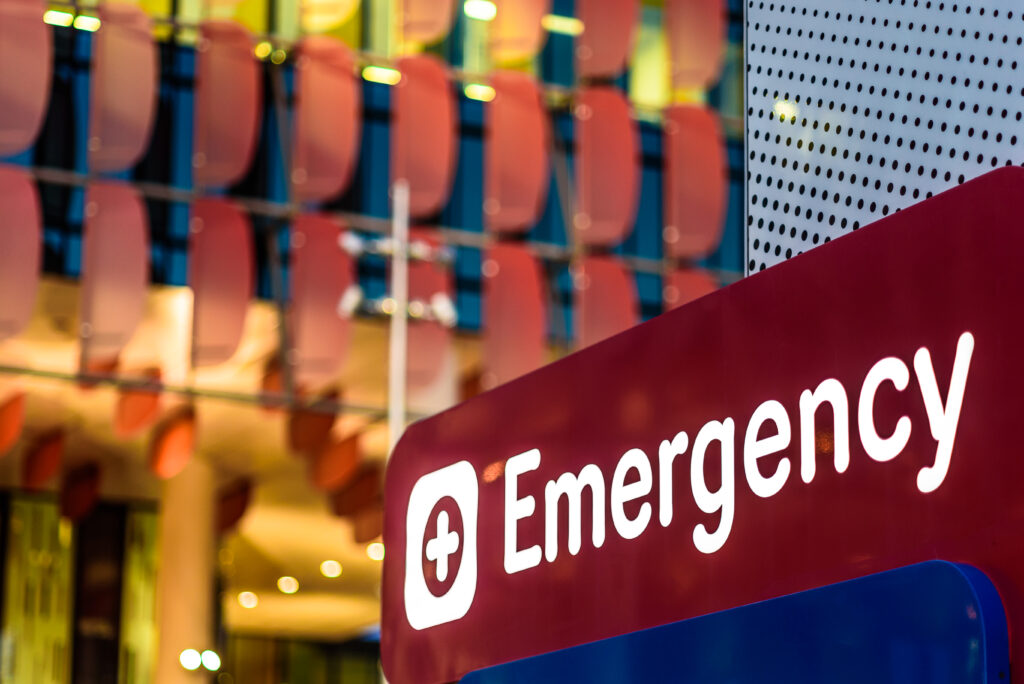Heart Attack Symptoms Can Be Vastly Different for Women
by TERESA SCHIFFER
When you think of a heart attack, you undoubtedly think of intense chest pain. After all, that is one of the most common and recognizable symptoms. But what happens when a heart attack’s symptoms don’t fit the classic profile? For women, that’s a distinct possibility because men and women can present very different symptoms for heart attacks.
Since quick action and immediate medical care are imperative when it comes to cardiac events, it’s important to know what other symptoms could be warning signs.
“Men usually present in what we think of as the classic way of heart attack presentation,” says Kollagunta Chandrasekhar, a Winter Haven cardiologist.
Those “classic” symptoms generally manifest as severe pressure or pain in the chest, often accompanied by sudden and profuse sweating and a shortness of breath. The onset of these symptoms often occurs during strenuous activity, especially if an individual leads a relatively sedentary life and then engages in a sudden burst of physically stressful activity.
When someone feels the hallmark symptoms, a heart attack is immediately apparent. The quick diagnosis means lifesaving measures and treatment aren’t delayed. Unfortunately, this is not always the case for women, who may experience significantly different symptoms than their male counterparts.
“A woman oftentimes will more likely have symptoms that are a little more vague,” Sekhar explains. “They are often not what you would routinely think of as a heart attack.”
He says a woman experiencing a heart attack may complain of back pain that moves toward her chest, shortness of breath, mild sweating, or she may simply state that she feels uncomfortable or generally not well. These unclear symptoms can lead healthcare workers to consider different — less severe — ailments, and can delay the appropriate care.
This struggle is one Polk County resident Elaine Grosse knows all too well. The symptoms she experienced led her to believe she was having a problem with her gallbladder, not her heart.
“For about a week, I had some middle-of-the-back pain, right between the shoulders,” the 74-year-old says. “It was consistent – at 2 o’clock in the morning, I had the pain. It went away after about 15 or 20 minutes. Then, about three days later, I had another one.”
Grosse assumed the pain was digestive upset from something she ate. Her primary care physician agreed and ordered a gallbladder scan. The pain woke her up again on the day of her scan, but this time it didn’t stop.
“It got worse to the point that I started vomiting, but there was nothing coming up,” Grosse recalls.
After a couple of hours of intense pain and retching, she went to the hospital. Tests were performed, and soon she was sent to Heart of Florida hospital in Haines City to see a cardiologist. The cardiologist determined Grosse had indeed suffered a heart attack, and a stent was put in place to open the occluded artery.
Now, only a week later, she is recovering and feeling like herself again.
A good rule of thumb for both men and women to remember is to pay attention to when unusual physical sensations happen. If it seems like physical activity precedes the development of uncomfortable symptoms, there is a good chance that the problem is related to the heart.
Sekhar recommends calling for emergency medical care if the problem does not go away within a few minutes of ceasing the physical activity.
“If the symptoms are worse with activity,” he says, “if it’s more in the stomach or you think you pulled a muscle or that it’s gas or whatever, if it’s more activity-related and if it persists, anything that doesn’t clear up in a few minutes, you probably need an ambulance for.”
He advises patients to err on the side of caution and get medical attention sooner rather than later.
“If you have reason to suspect that it could be your heart, go see a doctor and get it checked out,” he says.
